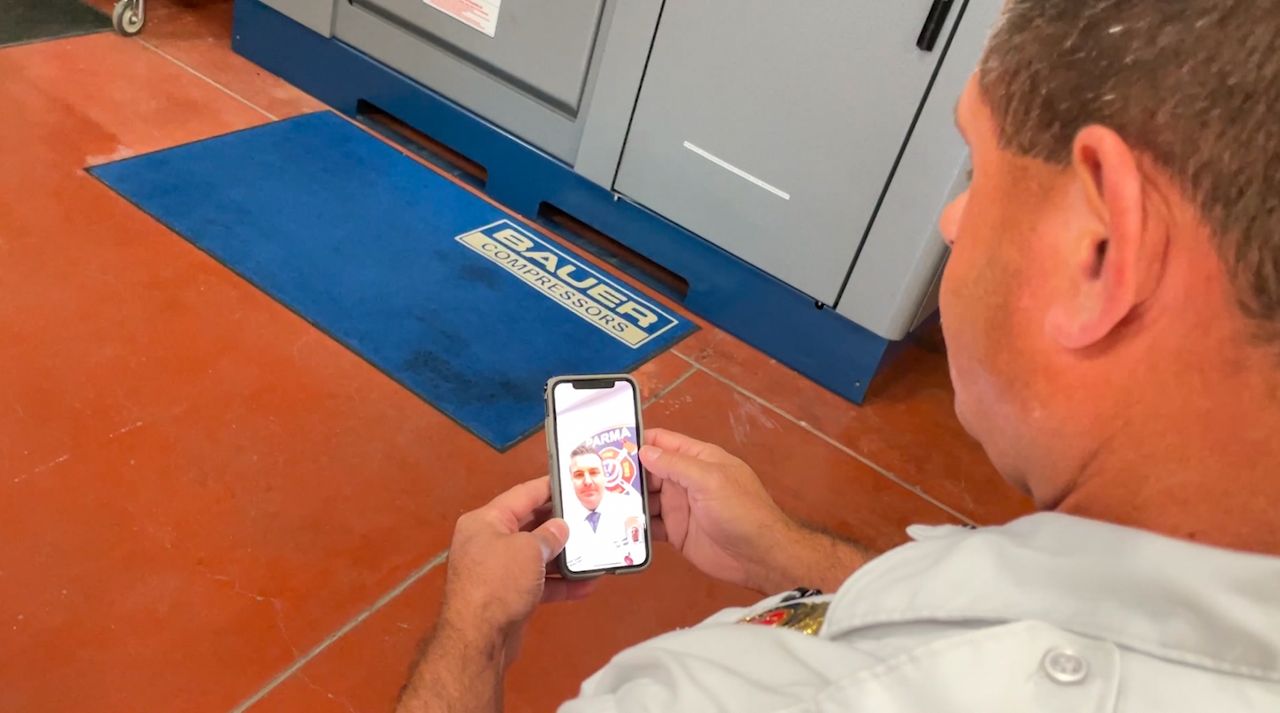CLEVELAND — There are basic tools used to assess the damage of a patient by paramedics. Parma Fire Captain Ricky Fetter said one tool that helps them get an expert opinion from a doctor in the field is called telemedicine.
“Let’s say a person has chest pain and they’re trying to refuse because they’re just denying they’re having a heart attack," he said. "It’s incredibly helpful for them to talk to the physician directly.”
The paramedics send information on the patient’s status to a local hospital with this device, so a doctor knows what’s wrong and can determine what to do next. Fetter said this might keep paramedics from having to take someone to the emergency room if they don’t have to go. This can also stop a patient from being stuck waiting at a hospital for a doctor.
“Especially during the pandemic we were able to call into the ER and say, 'This is what the patient looks like right now, do you want us to bring them into the emergency room?'" Fetter said.
Fetter said this technology was initially meant for heart attacks and strokes, but it became a vital tool during the height of the pandemic when there were limited hospital beds because of higher hospitalizations.
“It really did speed up, 'hey, this person needs to come in' or 'keep him home and let him self-isolate,'" Fetter said.
Patients can get a virtual assessment from a doctor through video chat, using this tablet. If that doesn’t work, they can video chat with a doctor through their phone.
Dr. Christopher Dussel is the chief medical officer for UH Parma Medical Center. He said telemedicine can also avoid unnecessary emergency room bills if someone doesn’t have to go there.
“It was an incredibly helpful tool," he said. "It kept some patients out of the hospital that didn’t need to be there, but also helped us prepare for patients that were coming before their arrival."
Every Parma firefighter is also a paramedic, so all of them are trained, and they save time and resources using simple technology like this.



